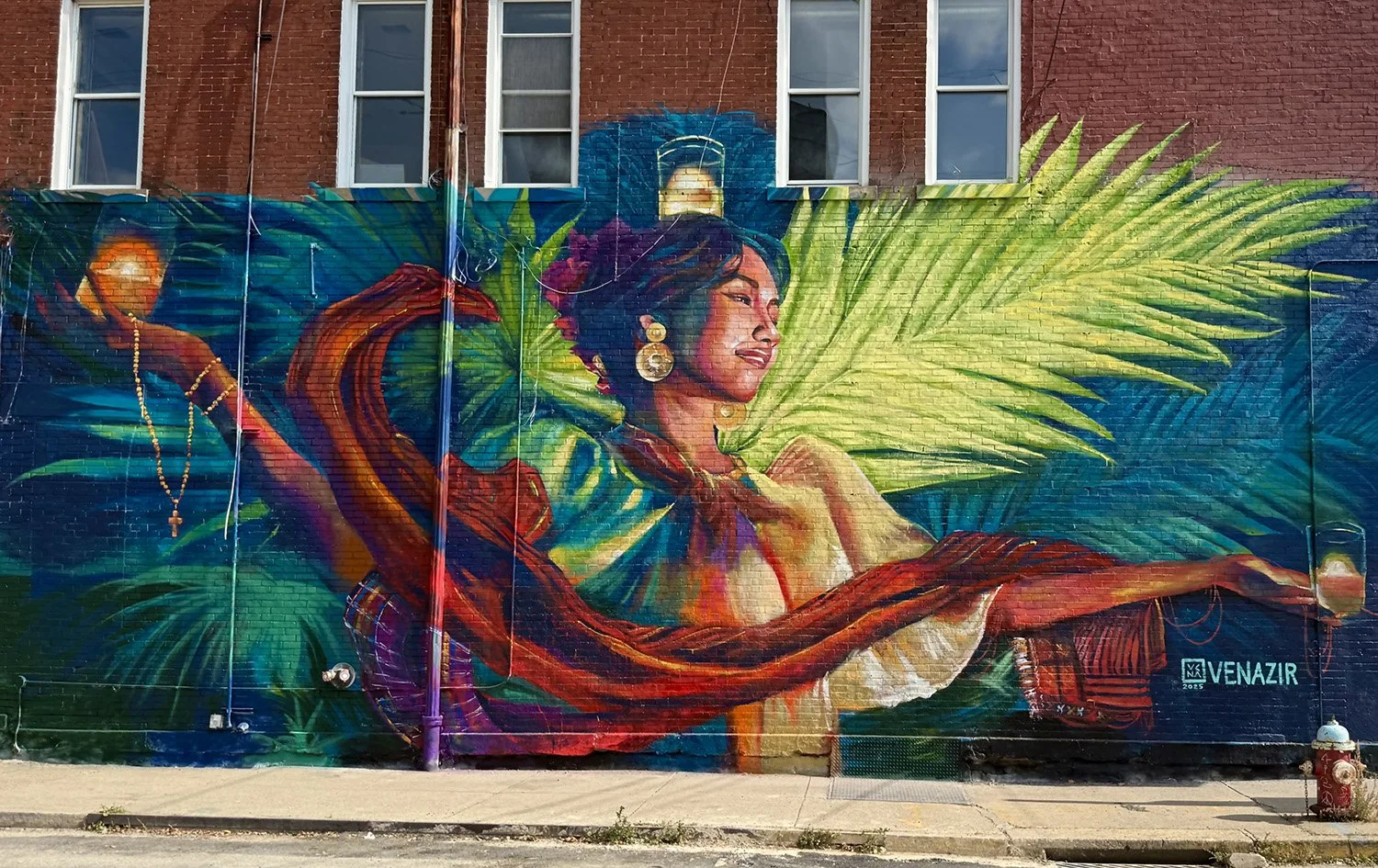Filipino Identity Rediscovered: Animated Series Connects Diaspora to Roots
/Filipino-Americans are finding new ways to reconnect with their roots—and for filmmaker Joel Nathan “Bani” Logroño, that journey is being told through animation.
Appearing on The Chairman’s Report hosted by Commission on Filipinos Overseas (CFO) Secretary Dante “Klink” Ang II, Logroño on Friday shared the origin and mission of The Filipino Story, a nonprofit initiative that started during the pandemic in the United States and now serves as a cultural touchstone for Filipino families abroad.
“The Filipino Story… it’s just like a friend telling you what being Filipino is,” said Logroño. “It’s educational, but not necessarily that kind of academic language.”
The initiative was born out of The Filipino School in San Diego, California, which once offered language and cultural classes for Filipino-American families. When the school closed during the pandemic, its founder, Filipino-American entrepreneur Tony Olaes, envisioned a new format inspired by The Bible Project, using animated storytelling to pass down cultural values and historical memory.
The series is a team effort powered by a ten-person creative group, including historians, music composers, and animators, driven by a common goal: to reconnect the Filipino diaspora to their identity.
“For me, it was my favorite World War II documentary when we were creating those,” Logroño said, referring to Unsurrendered 2: The Hunters ROTC Guerrillas, which honored young Filipino volunteers during World War II. “The documentaries… showed me the true spirit of the Filipino. And I think for me, it's the spirit of a bayani. Bayani is someone who fights for others by serving others, not necessarily through fighting an enemy, but through serving the people that they love, expecting nothing in return.”
That spirit Logroño emphasized is mirrored by overseas Filipinos who leave their homeland not for personal gain, but to serve their families. “They do that not for themselves, but because they want to give back and serve their families back home. The story of the OFW. And that’s why we call them the modern bayani.”
Ang noted the CFO’s commitment to cultural orientation and values education for overseas-bound Filipinos. “We try to do our due diligence to ensure that people are not just prepared economically, but also socially and culturally,” he said. Initiatives like The Filipino Story serve to deepen that mission, empowering permanent migrants and second-generation Filipinos with a renewed sense of heritage.
This effort is part of the broader work of the CFO, which seeks to strengthen the social, economic, and cultural ties of global Filipinos with their home country. Its primary constituents include Filipino permanent migrants, dual citizens, spouses and partners of foreign nationals, individuals in exchange visitor programs, au pair participants, and children of foreign nationals with Filipino roots.
Through episodes that blend history, and heart, the series explores key figures like Jose Rizal, and Jose Abad Santos. It also highlights the emotional journeys of identity formation, migration, and rediscovery.
“For the people who are feeling lost about their identity, for the Filipinos abroad or even here in the motherland who have lost passion or love for how God created them… I invite you guys to watch The Filipino Story animated series and rediscover what it means to be Filipino,” Logroño said.
“The Filipino is someone who shares, cares, and loves with our core values of Kapwa, Bayanihan, and Kabutihang Loob. We are one of the most highly relational cultures in the world,” he added.
Looking ahead, the project plans to release the remaining episodes of its six-part series, and expand into impact-driven initiatives and diaspora storytelling.
“We're also going to continue creating and producing more videos… more interviews like that and more stories from the diaspora as well,” Logroño shared. “Telling the stories outside the Philippines of Filipinos who carry that same spirit of kapwa and bayanihan and kabutihang loob, who embody those core values.”
In parallel to efforts like The Filipino Story, the CFO continues to enhance its digital cultural outreach through initiatives such as the Virtual Sentro Rizal—an online platform that provides global access to Filipino art, literature, music, and heritage materials. This allows overseas Filipinos to engage with their cultural roots anytime, anywhere, bridging geographical divides with technology and storytelling.
These cultural narratives align with the CFO’s vision under Bagong Pilipinas to cultivate a deeply rooted, globally aware Filipino citizenry—empowered by heritage and connected by shared values.
𝐀𝐛𝐨𝐮𝐭 𝐭𝐡𝐞 𝐂𝐨𝐦𝐦𝐢𝐬𝐬𝐢𝐨𝐧 𝐨𝐧 𝐅𝐢𝐥𝐢𝐩𝐢𝐧𝐨𝐬 𝐎𝐯𝐞𝐫𝐬𝐞𝐚𝐬
The CFO, established under Batas Pambansa Blg. 79, is dedicated to the welfare and empowerment of Filipinos permanently residing abroad. It is distinct from the Department of Migrant Workers (DMW), which primarily addresses the needs of Overseas Filipino Workers (OFWs), and other temporary migrants.
Media and Communications Team
info@cfo.gov.ph | rkperalta@cfo.gov.ph
+63 960 579 0078 (Viber)





